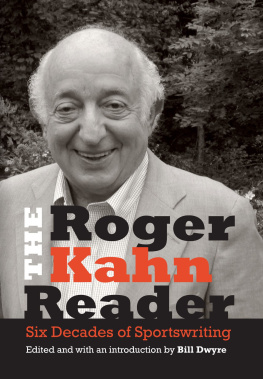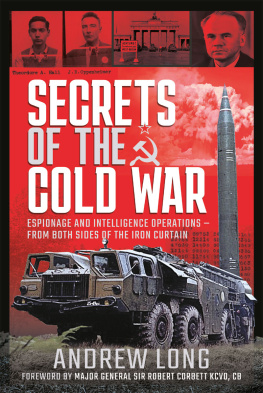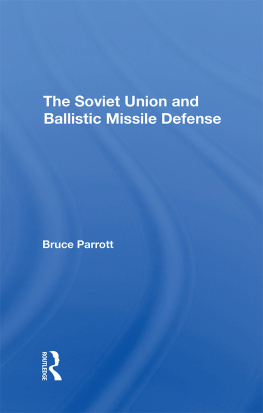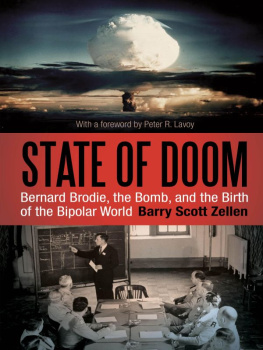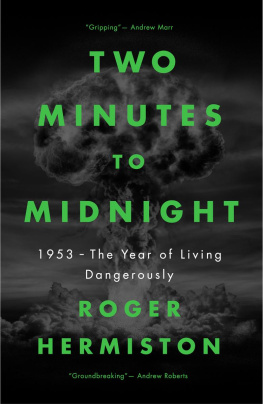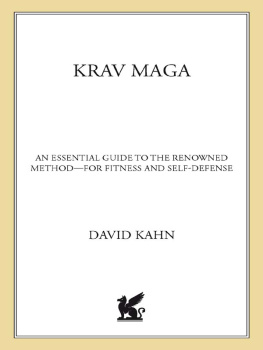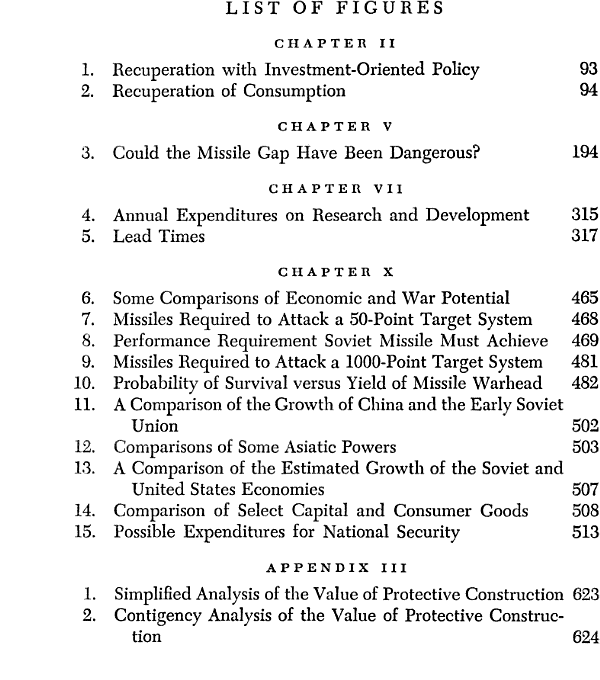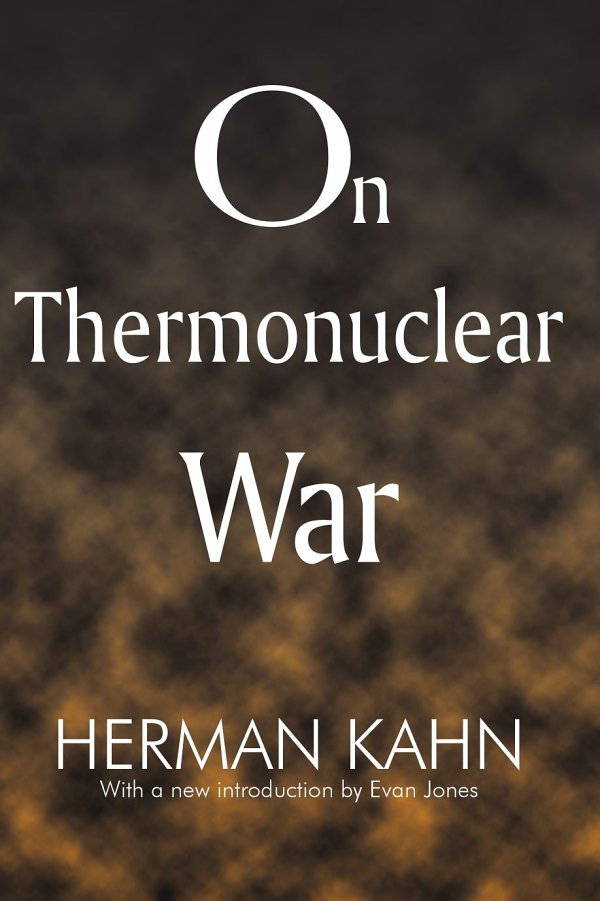



INTRODUCTION TO THE TRANSACTION EDITION
On Thermonuclear War was controversial when published and remains so today. It is iconoclastic; worse, it is interdisciplinary. Finally (to the horror of many of its critics), it is calm and compellingly reasonable. This book was widely read on both sides of the Iron Curtain, and the result was serious revision in both Western and Soviet strategy and doctrine. It brought rationality to the public nuclear debate at a time when hysteria on all sides was the norm. As a result, both sides were better able to avoid disaster during the Cold War. Although developed from a Cold War perspective, the strategic concepts still apply: strategic defense, local animosities, and the usual balance-of-power issues are still very much with us.
Kahns stated purpose in writing this book was simply: avoiding disaster and buying time, without specifying the use of this time. By the late 1950s, with both sides H-bomb-armed, both reason and time were in short supply. We have all heard the analogies: two scorpions trapped in a bottle; a bee who must die if it stings even once; two men up to their waists in gasoline, arguing over who has the most matches; international suicide. In 1955, fifty-two Nobel laureates signed the Mainu Declaration that any nation unwilling to denounce force as a final resort would cease to exist. Many thought that further study into the matter was not only counterproductive, but immoral. And, at that, official public policy regarding the use of nuclear weapons left much to be desired: Nuclear Tripwire, Massive Retaliation, and what later became known as Mutual Assured Destruction (MAD).
Kahn, a military analyst at Rand since 1948, understood that a defense based on that sort of inconceivable presumption was morally questionable and not credible. One European critic bitterly observed that in order to defend Europe, America had promised to commit murder-suicide: We urge you to break this promise. And, partly as a result of this book (and its sequels), official policy came to rely more and more on the doctrine of flexible response. Kahns counterforce plus avoidance theory of threatening military targets while avoiding civilian centers quietly came to reality over the next three decades.
Contemporary critics excoriated On Thermonuclear War as a how-to book: how to fight a nuclear war; how to win it; how to get away with it. Yet it should be obvious to any impartial reader that Kahn is actually demonstrating how to avoid it; how to limit it; how to end it (or win it without firing a shot).
This book was the first to make sense of nuclear weapons. Originally created from a series of lectures, it provides insight into how policymakers consider such issues. One may agree with Kahn or disagree with him on specific issues, but he has clearly defined the terrain of the argument. He also looks at other weapons of mass destruction such as biological and chemical, and the history of its past use.
Kahn has been compared (unfavorably) with Machiavelli, but the Clausewitz analogy is more apt. The problems of defense in the modern world are unprecedentedly complex. He carefully examined the principle of how a nation can take up an essentially defensive posture in an environment dominated by inherently offensive weapons. He reminds us that defense via deterrence can be a subtle notion. Even the Peace Catalog (1984 edition) dryly observed that On Thermonuclear War is still the best introduction to the if-we-do-this-theyll-do-that school of strategic analysis.
The Cold War is over. Despite crises ranging from Berlin to Cuba, the West won a decisive victory without the use of a single nuclear weapon on either side. But the nuclear genie is out of the bottle, and the lessons and principles developed in On Thermonuclear War apply as much to todays China, Russia, Iran, and North Korea as they did to the Soviets.
Evan Jones
FOREWORD
In The Analysis of military problems since the war, the contribution of civilians has been unprecedentedly large in volume and high in quality. Herman Kahn's book clearly demonstrates the chief reason for this phenomenon. The problems of defense have become inordinately complex, and their solution is not susceptible to the rules of thumb, often called principles, which the military derived from past experience. For stating and solving these problems, all the analytical techniques are required which the disciplines of social science, history, and mathematics have evolved. These techniques are not nearly adequate, but they are the best we have, and we must employ them if we do not want to base judgment and policy to an excessive degree on vague reasoning and sheer guesswork. Indeed, On Thermonuclear War is as remarkable for its sophisticated exercises in method as it is for the substantive solutions and proposals it offers. Without his masterly command of method, it would have been impossible for Herman Kahn to examine such an extraordinary range of interrelated problems and, compared with the extant literature, do it so exhaustively.
Since these are lectures in book form, some of the informality of the original presentationof its style and organizationhas been preserved. The step-by-step presentation of extremely complex problems will be appreciated by the reader as long as he refrains from evaluating particular points out of the unfolding context. Initially some readers may boggle at the unfamiliar idiom, which is hard-hitting and subtle, colorful and dispassionate, professional and as inevitably personal as are the different styles of, for example, Morgenstern and Brodie. Finally, it may be worth saying that, though the subject matter raises profound moral issues, this is not a book about the moral aspects of military problems.
Most of the research for this book was done at The RAND Corporation. It was written largely while the author was a Visiting Research Associate at the Center of International Studies. We were glad to support this venture and to sponsor its publication. Herman Kahn's presence at the Center was for many of us a great learning experience. This book opens this experience to many others.
Klaus Knork
Center of International Studies
Princeton University
May 23,1960
PREFACE
Men And Governments have long lived with the painful problem of choice. Even those with courage to make hard choices and the willingness to choose resolutely between good and evil, redemption and damnation, joy and sorrow, have never been able to insure the final result. The final outcome of benevolent, informed, and intelligent decisions may turn out to be disastrous. But choices must be made; dies must be cast. So it is with the most dramatic "choices" open to the free world in our day: arms control, peaceful coexistence, rearmament, dynamic rollback, appeasement, Soviet domination, thermonuclear war, or whatever shifting alternatives seem most appealing or least unpalatable from year to year.
The above "hard choices" are in sharp contrast to the vision of material progress held everywhere. In the United States and Western Europe poverty as a general economic problem has in the main been eliminated. There remain depressed areas (parts of Italy and Greece, for example), and there are many social and welfare problems (i.e., the Negro or migrant in parts of our nation, or the widowed family, or the aged and the sick), but the basic economic problem of providing the necessities seems to have been largely solved. Of course, people are still interested in improving their lot. In fact, there is much intense debate as to whether we should buckle down and double our wealth every ten years (6 per cent annual increase) or take it easy and double our wealth every twenty or forty years. But the current and future reality of vast military power concentrated in the hands of several unpredictable countries, accompanied by the past reality of expansionist doctrine in the communist nations, has brought Americans and Europeans face to face with the sobering thought that this triumph of material progress and human security may be reversed. We can choose among several courses of action. We have to be resolute and hopeful in our actions. And we have to be prepared for the possibility that we have chosen wrongly or that events may nevertheless continue to unfold in a thoroughly relentless way in spite of our choices.


